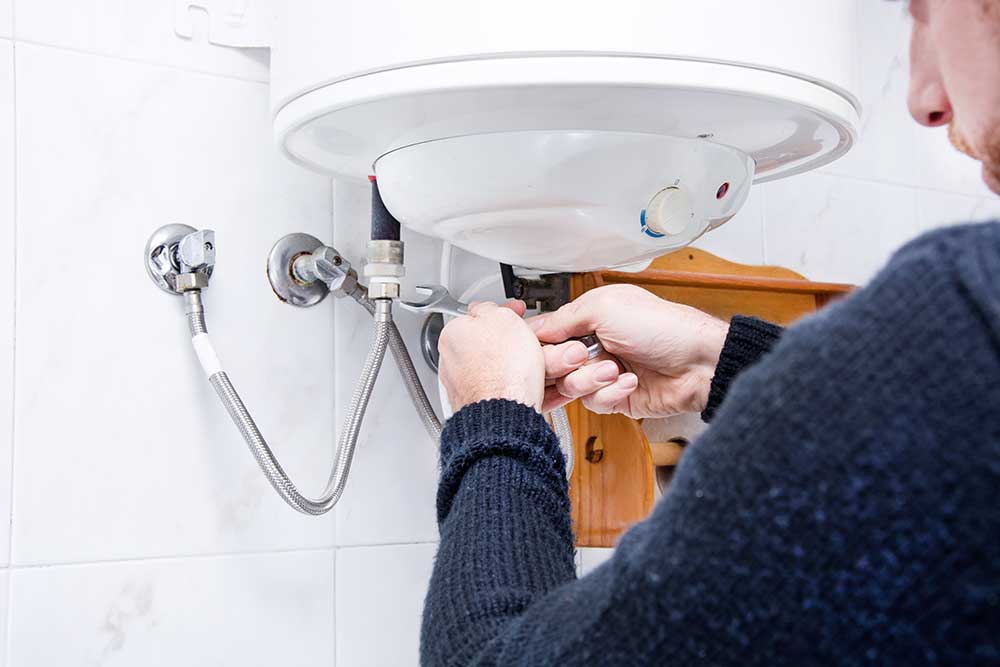
The water heater is one of those appliances that usually goes unnoticed until it starts giving you trouble. But water heaters, like any other device, have a lifespan and eventually need to be replaced. If you notice any issue with your water heater, have it resolved as soon as possible by a professional from https://www.plumbersingapore.org/storage-water-heater-installation-and-replacement/. This article will discuss the tell tale signals that your water heater needs to be replaced.
Age:
The lifespan of a water heater is minimal. A standard water heater usually lasts between eight and twelve years. Even if it’s still working OK, you should start thinking about replacing your water heater if it’s getting close to or beyond this age range. The energy costs of older units tend to be higher because of their increased susceptibility to leaks and inefficiency.If your water heater is causing trouble or high energy costs, have https://www.plumbersingapore.org/ to check for possible issues.
Rusty Water:
Discoloured or rusty water running out of your faucets may be an indication of internal corrosion in your water heater. If the water in the tank is rusty, it means there’s corrosion inside, which can cause leaks and other problems. You know it’s time to replace your water heater when it starts making rusty water.
Strange Noises:
Sand accumulation at the base of the tank is a common cause of strange noises in older water heaters. As the mud hardens, it might cause the water heater to make noises like popping, rumbling, or slamming. If your water heater is making these noises, it’s probably not working as efficiently as it once did and may not last much longer.
Leaks:
Water leaking from any location near your water heater ought to signal warning signs. Water damage in your home can rapidly become a serious problem, even from little leaks. You must act quickly to resolve the issue if you discover water puddles or corrosion around your water heater. It is often more cost-effective to replace a water heater than to fix a leaking one.
Inconsistent Hot Water:
Do you discover that your hot water supply runs out of steam at an alarming rate, or do you notice that the temperature of your water fluctuates? These symptoms can be signs of a malfunctioning heating element or sediment accumulation in your water heater. It could be time to get a new water heater if the one you have isn’t consistently heating water.
Increased Energy Costs:
A water heater that isn’t energy efficient might have a major influence on your monthly energy expenditures. Older water heaters use more energy to heat water since they aren’t as efficient. Water heaters are a common source of unexpectedly high energy bills that don’t seem to correspond with increased use. You can save money on utility bills over time by upgrading to a newer, more energy-efficient model.
Frequent Repairs:
Do you find yourself contacting a plumber for repairs to your water heater on a regular basis? A water heater that breaks down and needs repairs too often may be nearing the end of its life, while occasional little repairs are typical for normal use. It might not be cost-effective to keep spending money on fixing an ageing water heater. Alternatively, you can avoid hassle, wasted time and money by purchasing a brand new, dependable equipment.
Visible Damage:
Be sure to check your water heater on a regular basis for any damage that can be seen, like rust, cracks, or dents. Any kind of external damage to the tank should raise warning signs about potential problems with its internal workings that could endanger its users. Get a professional plumber to take a look at your water heater if you see any obvious damage. If the damage is severe enough, you may need to replace it.

Leave a Reply